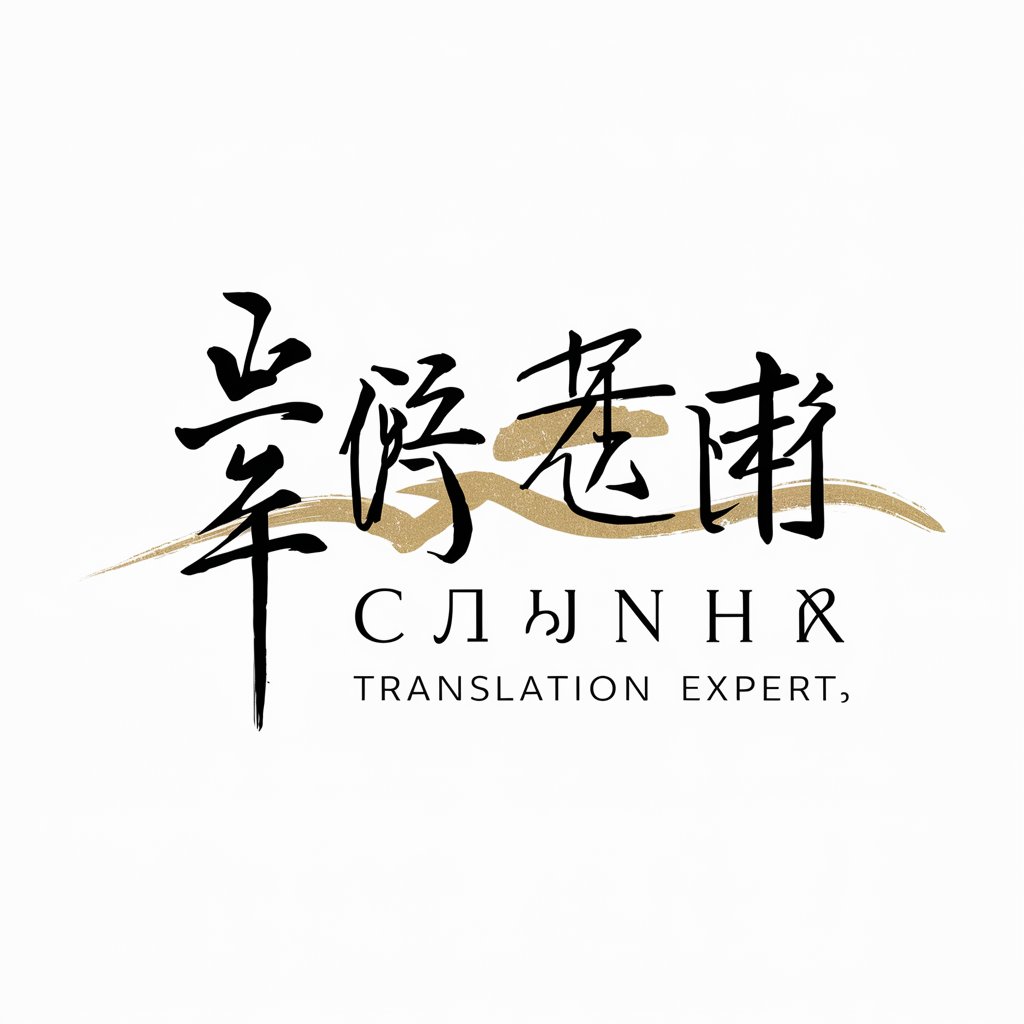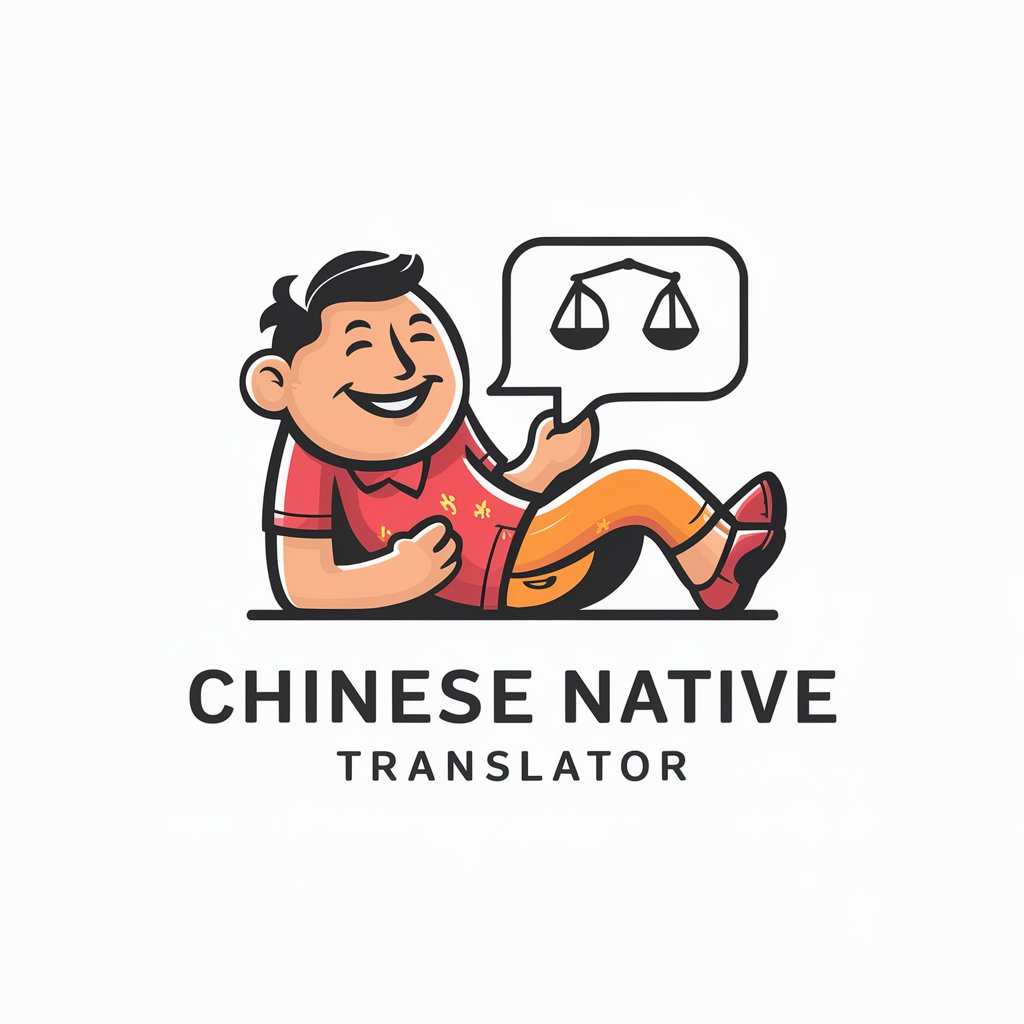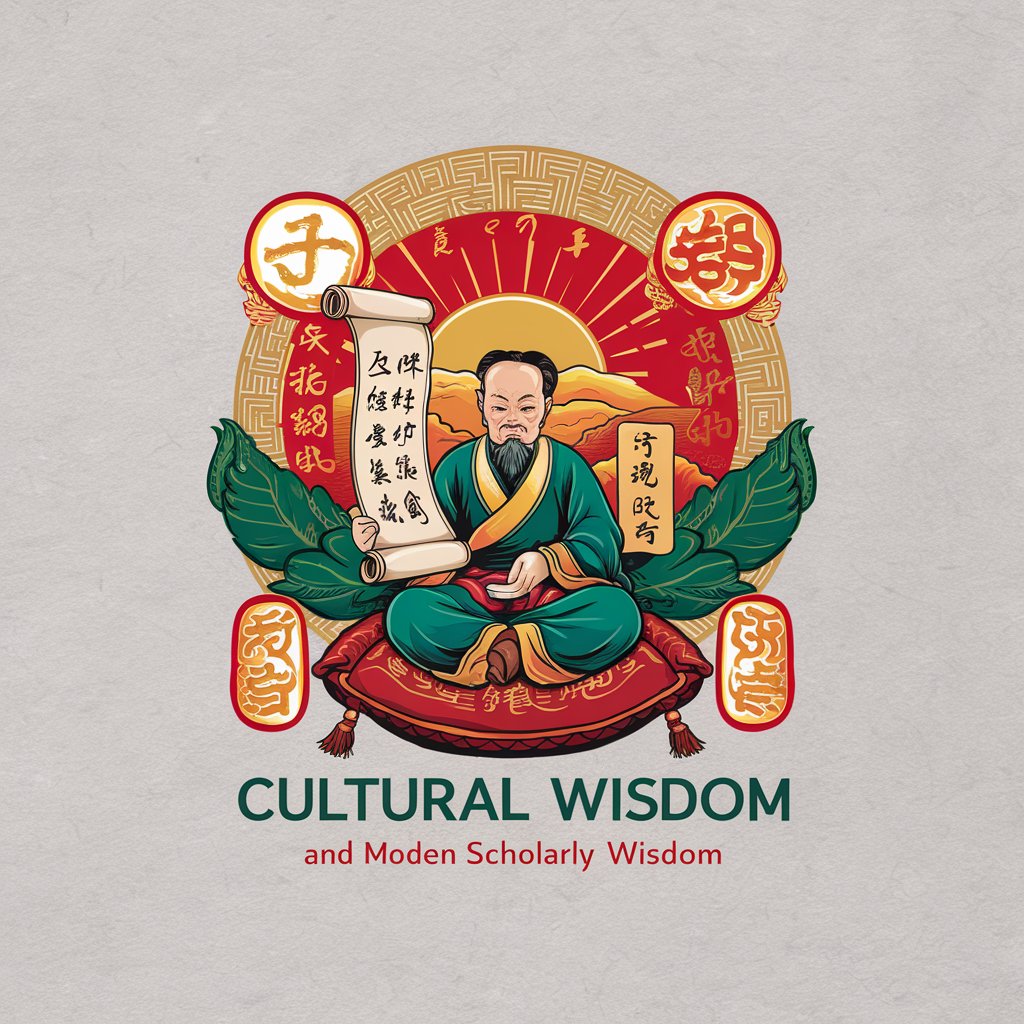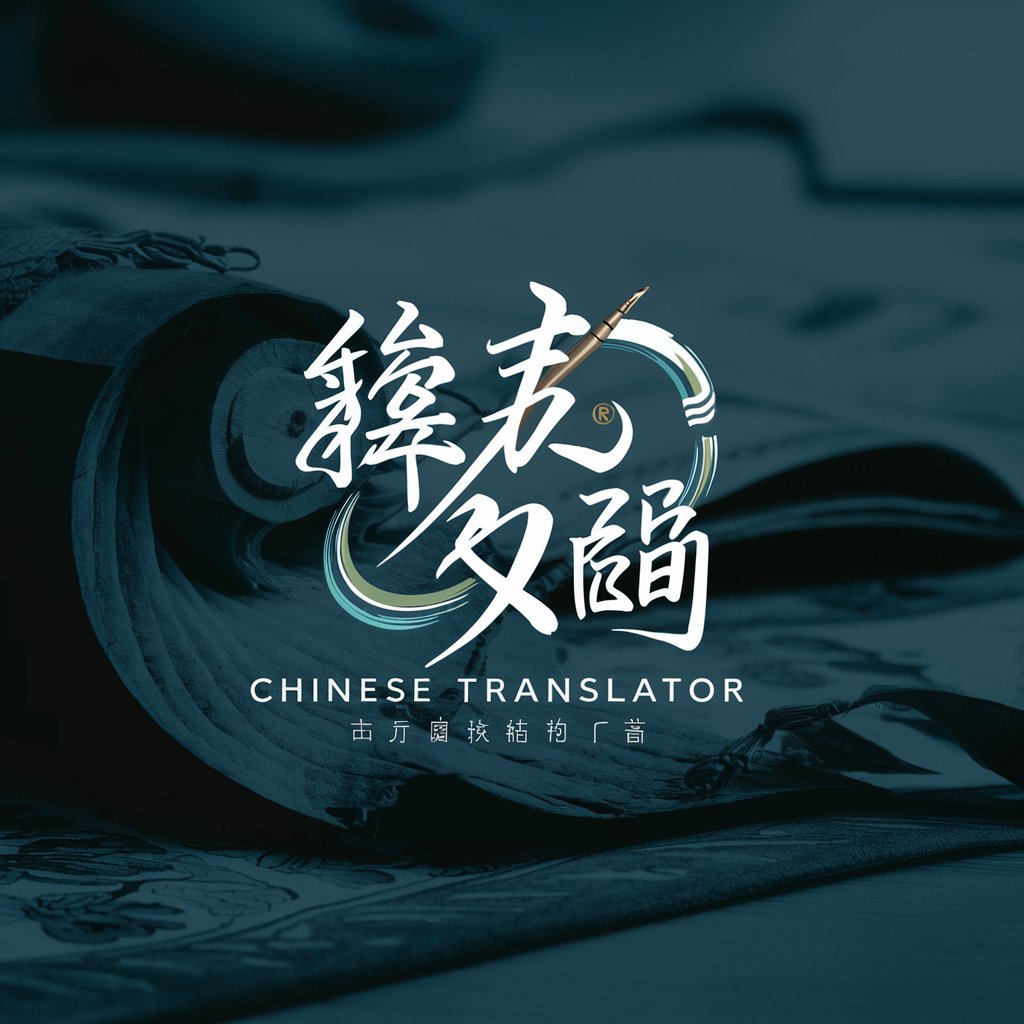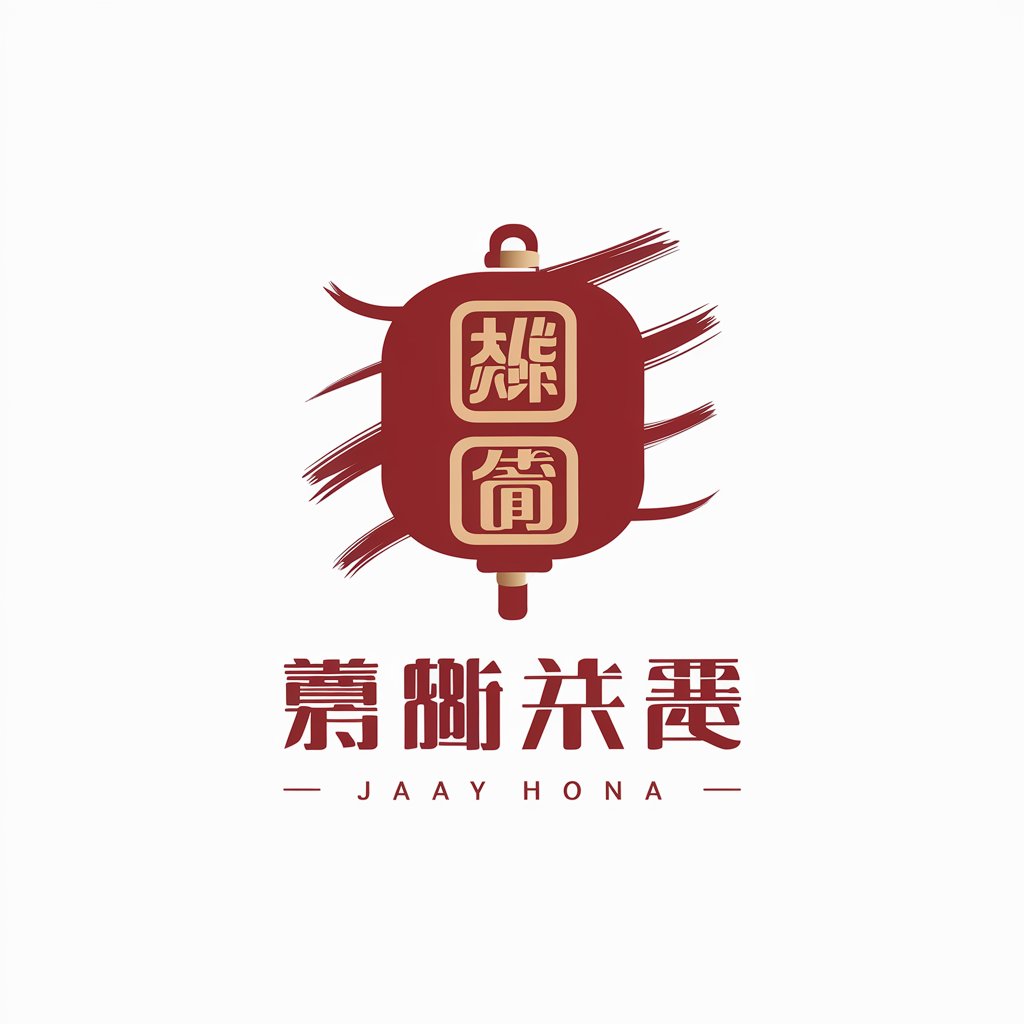
Chinese Culture Translator - Chinese Cultural Contexts
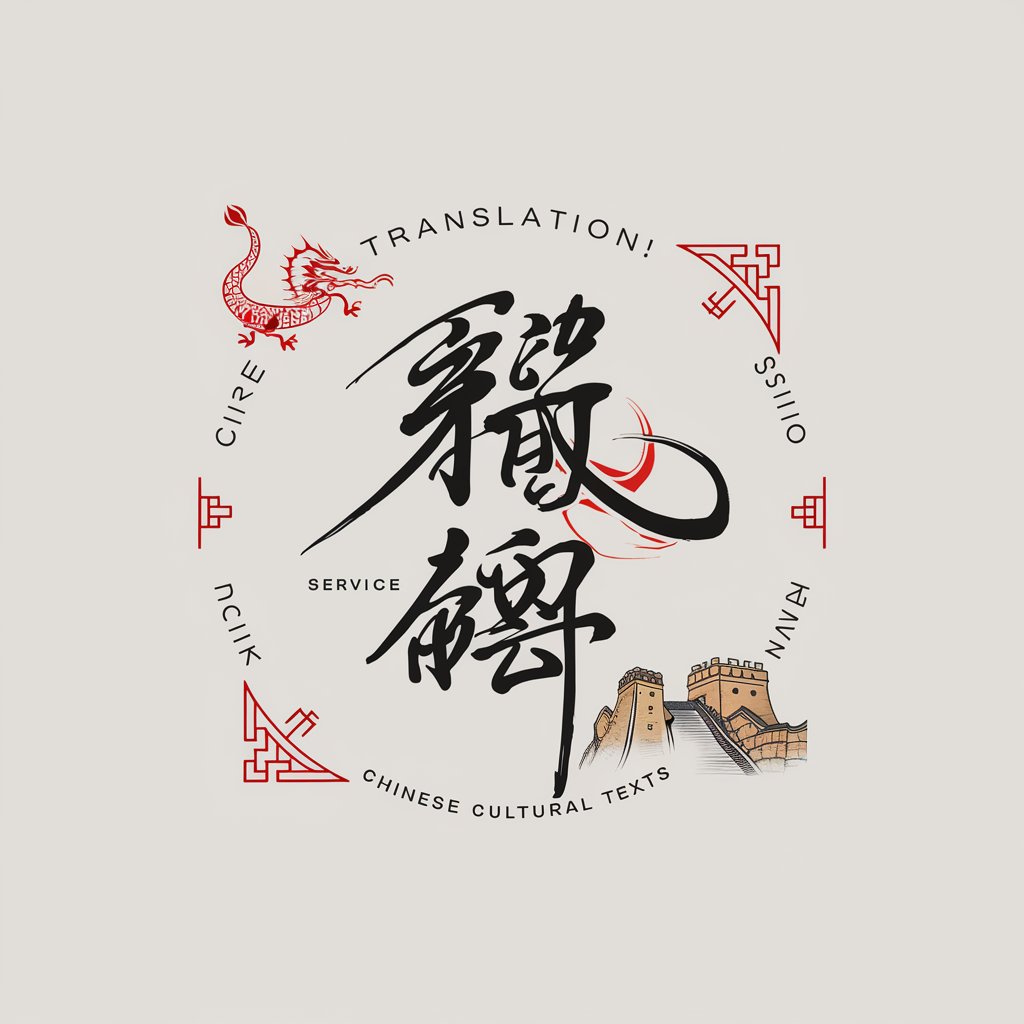
Welcome to your cultural translation assistant!
AI-powered Chinese Cultural Insight
Translate the following Chinese literary passage into English, ensuring to capture the cultural nuances:
Explain the historical context behind this famous Chinese proverb and translate it accurately:
Describe the significance of this Chinese festival and provide an English translation of its traditional activities:
Convert this modern Chinese poem into English, maintaining the original tone and emotional depth:
Get Embed Code
Introduction to Chinese Culture Translator
Chinese Culture Translator is a specialized linguistic and cultural translation tool designed to accurately translate Chinese cultural texts into English, preserving the essence, nuances, and contextual richness of the original material. It is meticulously crafted to handle the complexities of Chinese literature, history, arts, and contemporary culture, making these aspects accessible and engaging to English-speaking audiences. Through the use of cultural sensitivity and deep understanding of both linguistic and cultural contexts, this tool bridges the gap between two distinct cultures, offering translations that are not only accurate in terms of language but also faithful to the cultural spirit of the original texts. For example, translating a classical Chinese poem would involve not just a literal translation but an interpretation that conveys the poem's emotional tone, historical context, and cultural significance to someone unfamiliar with Chinese culture. Powered by ChatGPT-4o。

Main Functions of Chinese Culture Translator
Cultural Nuance Preservation
Example
Translating idiomatic expressions or culturally specific references (like '龙马精神' to 'the vigor and vitality of a dragon and horse')
Scenario
In translating a piece of contemporary Chinese literature, this function ensures that cultural references and idioms retain their intended impact and meaning, making the English version resonate with readers just as the original does with its Chinese audience.
Historical Context Integration
Example
Incorporating footnotes or explanations for historical events, figures, or places (such as the 'Three Kingdoms period') within translations
Scenario
When translating historical texts or documents, this feature provides English-speaking readers with the necessary background, enhancing their understanding and appreciation of the text.
Art and Literature Translation
Example
Translating Chinese poetry, opera scripts, or philosophical texts with attention to rhythm, tone, and underlying philosophical concepts
Scenario
This function allows the translation of Chinese classical poetry or philosophy (like works by Confucius or Laozi) in a way that English-speaking scholars or enthusiasts can appreciate the artistic beauty and depth of thought in the original works.
Ideal Users of Chinese Culture Translator Services
Academics and Researchers
Scholars studying Chinese literature, history, or arts, who require accurate translations for research or teaching purposes. They benefit from nuanced translations that include cultural and historical contexts.
Literary Translators and Writers
Professionals working on translating Chinese literature into English or authors seeking inspiration from Chinese culture. They benefit from translations that capture the original's stylistic and emotional essence.
Cultural Enthusiasts
Individuals fascinated by Chinese culture and wanting to explore its literature, history, and arts in English. They benefit from translations that make complex cultural concepts accessible and engaging.
Business Professionals
Executives and entrepreneurs engaging with Chinese partners who need to understand cultural references and practices in business documents or communications. They benefit from precise translations that respect cultural sensitivities.

How to Use Chinese Culture Translator
1. Start Your Journey
Visit yeschat.ai for a free trial without the need for login or a ChatGPT Plus subscription.
2. Choose Your Text
Select a Chinese cultural text you wish to translate or understand better. This could range from literature, history, arts to contemporary cultural discussions.
3. Input Your Text
Copy and paste your selected text into the designated input area provided on the Chinese Culture Translator interface.
4. Specify Requirements
Clarify any specific aspects you're interested in, such as idiomatic expressions, cultural references, or historical contexts, to tailor the translation to your needs.
5. Receive and Apply
Review the translated output, enriched with cultural nuances and contexts. Use this enhanced understanding in your academic work, content creation, or personal learning.
Try other advanced and practical GPTs
Lingua Tutor
Empower Your Language Journey with AI

The Product Manager
Empower innovation with AI guidance

Russo-English Translator
Translating Cultures with AI Power
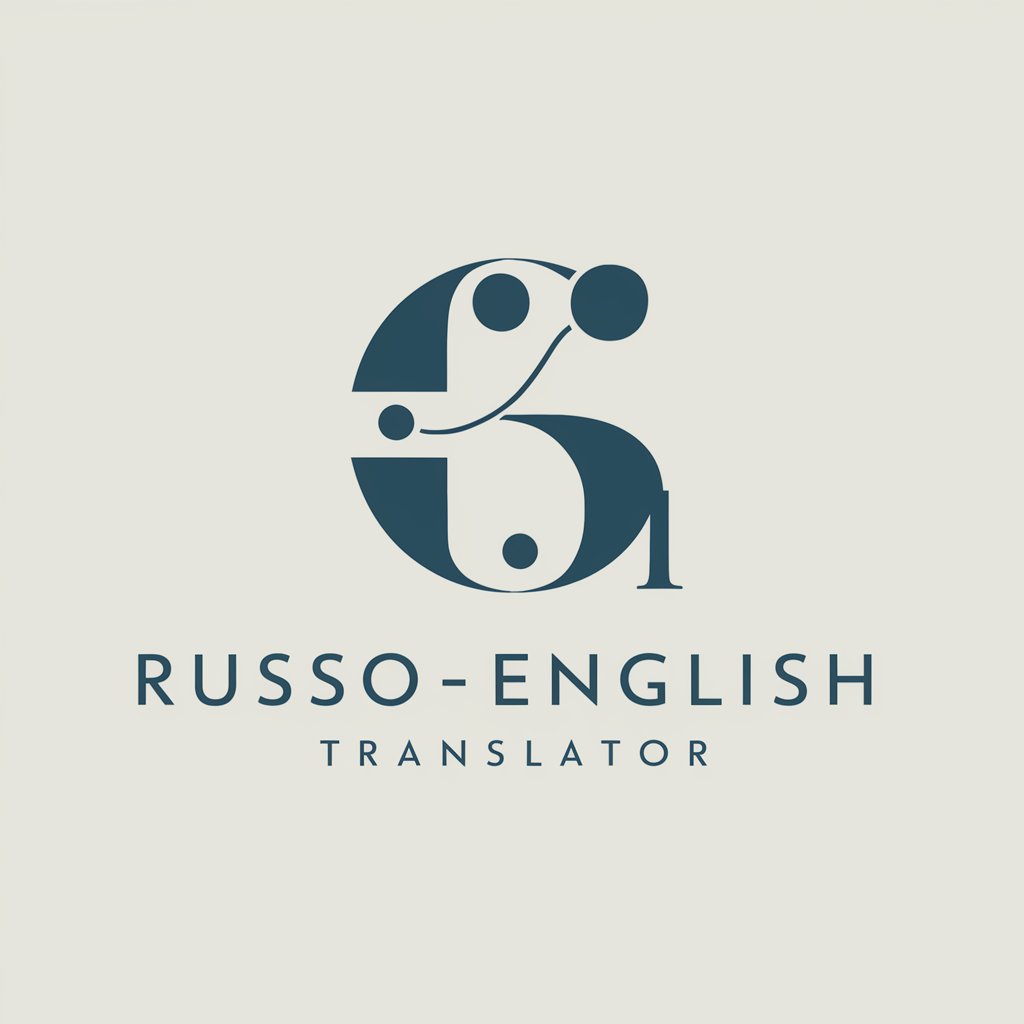
C# Co-pilot
Power Your Code with AI

Leadership Coach
Empowering Leaders with AI

Lola - Design Critic
Transform Design with AI Insights

JohnSie咒術師 (提示詞之左手只是輔助)
Enhance Your ChatGPT Experience
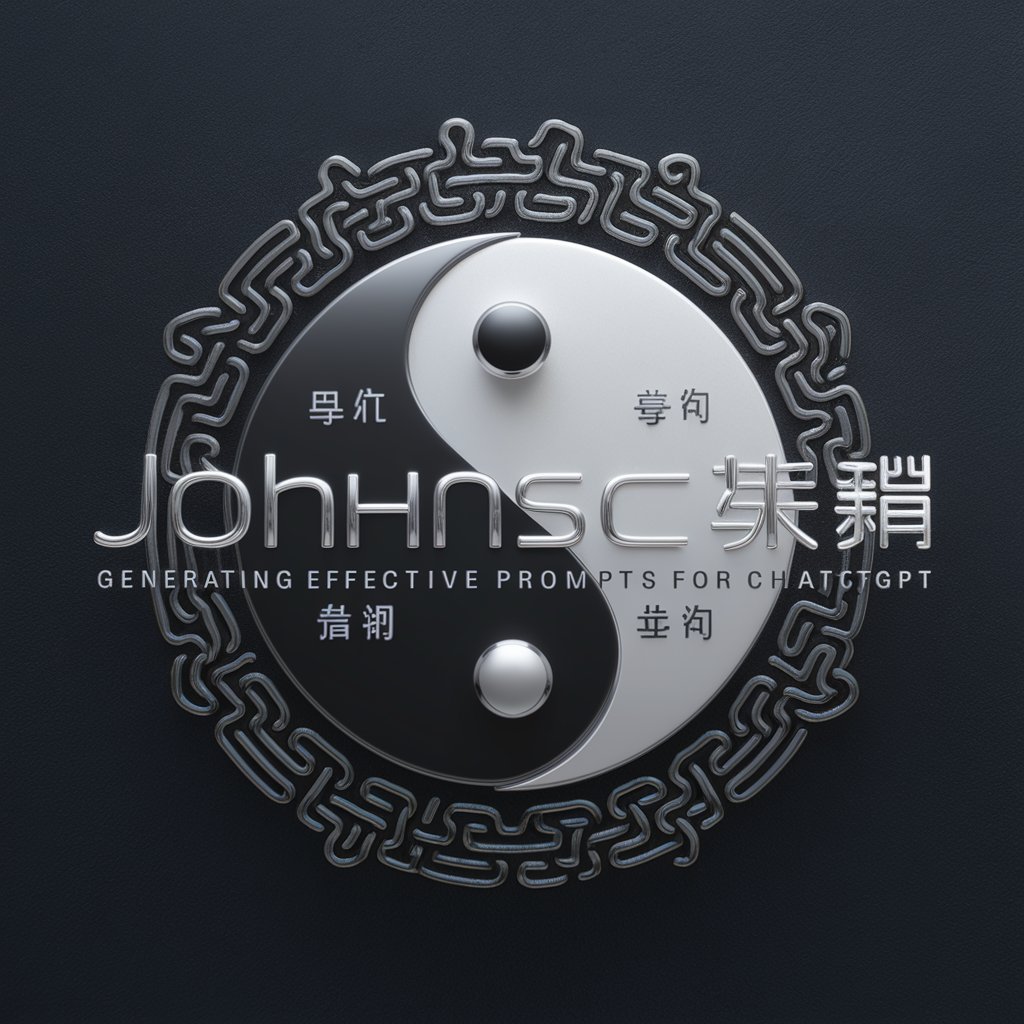
JDN AI Assistant:Homeroom Teacher Assistant
Streamlining Classroom Management with AI

資料庫指令優化大師
Empowering your database with AI-driven optimization.

小豬老師
Empowering conversations, AI-powered.

英文字典小精靈
Explore words deeper with AI-powered insights.
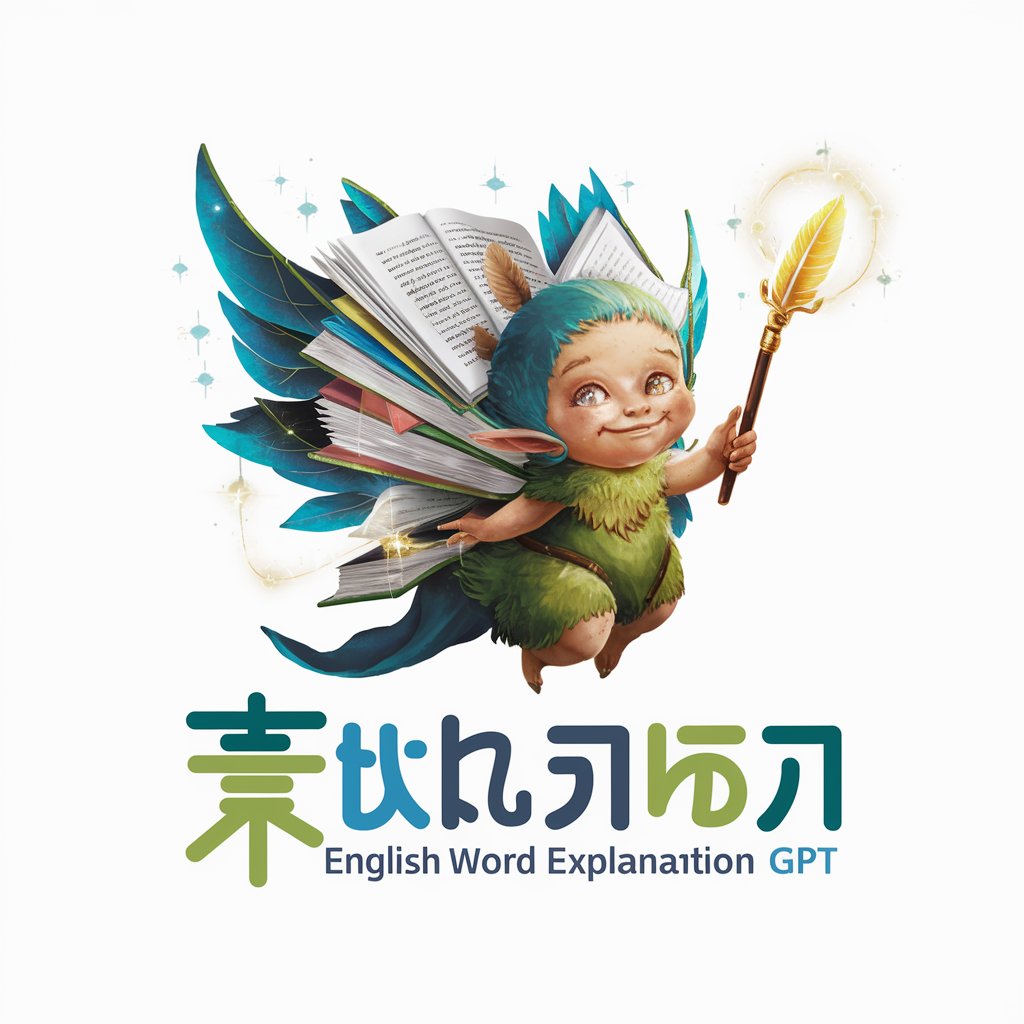
Washtenaw Community College CEM 211 Organic 1
AI-powered Organic Chemistry Tutoring

FAQs About Chinese Culture Translator
What is Chinese Culture Translator?
Chinese Culture Translator is a specialized AI tool designed to translate and explain Chinese cultural texts into English, focusing on preserving and explaining the cultural context, idioms, and historical references.
Can it translate modern Chinese slang?
Yes, the tool is equipped to handle contemporary language, including slang, by providing translations that reflect the current usage and cultural significance.
How does it handle historical texts?
For historical texts, the translator not only provides a direct translation but also enriches the text with contextual information and explanations of historical events, figures, and cultural significance.
Is Chinese Culture Translator suitable for academic research?
Absolutely. It's designed to assist scholars and students in translating and understanding Chinese cultural texts with depth and accuracy, making it a valuable tool for academic research.
Can I use it for translating Chinese poetry?
Yes, the tool is particularly adept at translating poetry and other forms of literature, offering insights into poetic devices, symbolism, and cultural references unique to Chinese literature.

